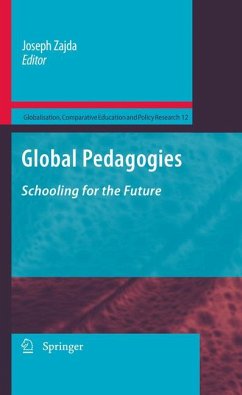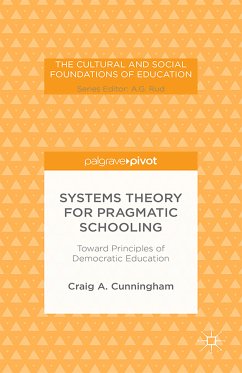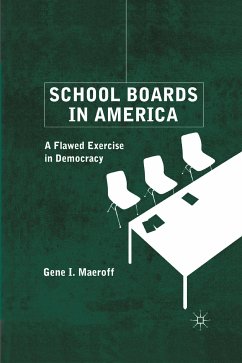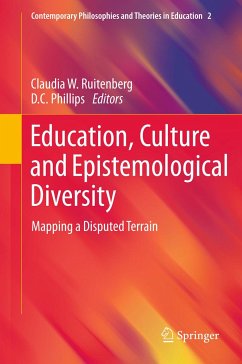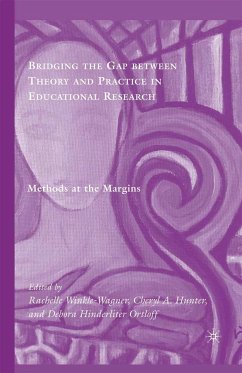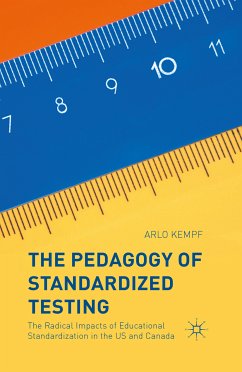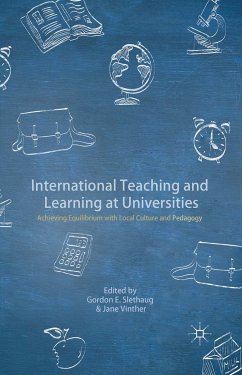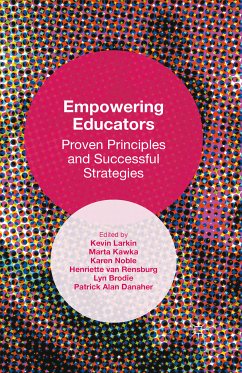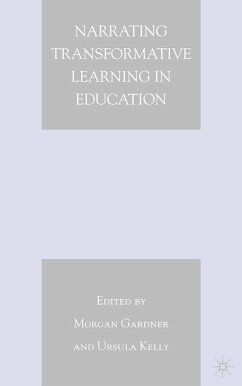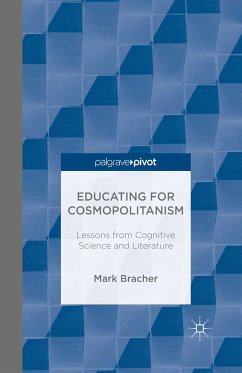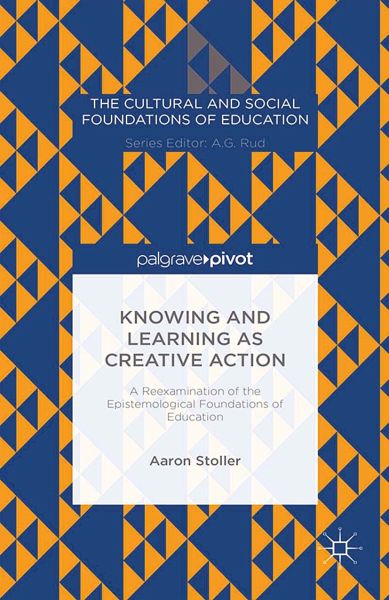
Knowing and Learning as Creative Action: A Reexamination of the Epistemological Foundations of Education (eBook, PDF)
Versandkostenfrei!
Sofort per Download lieferbar
40,95 €
inkl. MwSt.
Weitere Ausgaben:

PAYBACK Punkte
20 °P sammeln!
In Knowing and Learning as Creative Action, Aaron Stoller makes the case that contemporary schooling is grounded in a flawed model of knowing, which draws together mistakes in thinking about the nature of the self, of knowledge, and of reality, which are contained in the epistemological proposition: 'S knows that p' (SP). To the contrary, Stoller argues that the German conception of Bildung must replace SP thinking as the guiding metaphor of knowing within educational research and practice. Central to this reconstruction is a theory of creative inquiry which claims that knowledge emerges from ...
In Knowing and Learning as Creative Action, Aaron Stoller makes the case that contemporary schooling is grounded in a flawed model of knowing, which draws together mistakes in thinking about the nature of the self, of knowledge, and of reality, which are contained in the epistemological proposition: 'S knows that p' (SP). To the contrary, Stoller argues that the German conception of Bildung must replace SP thinking as the guiding metaphor of knowing within educational research and practice. Central to this reconstruction is a theory of creative inquiry which claims that knowledge emerges from embodied, social engagement in the world and therefore knowing is a form of creative action. Stoller constructs a new paradigm of knowing and learning as an emergent process of creative making, the goal of which is the cultivation of what he calls maker's knowledge, which is the capacity for and habit of creative action.
Dieser Download kann aus rechtlichen Gründen nur mit Rechnungsadresse in A, B, BG, CY, CZ, D, DK, EW, E, FIN, F, GR, HR, H, IRL, I, LT, L, LR, M, NL, PL, P, R, S, SLO, SK ausgeliefert werden.



